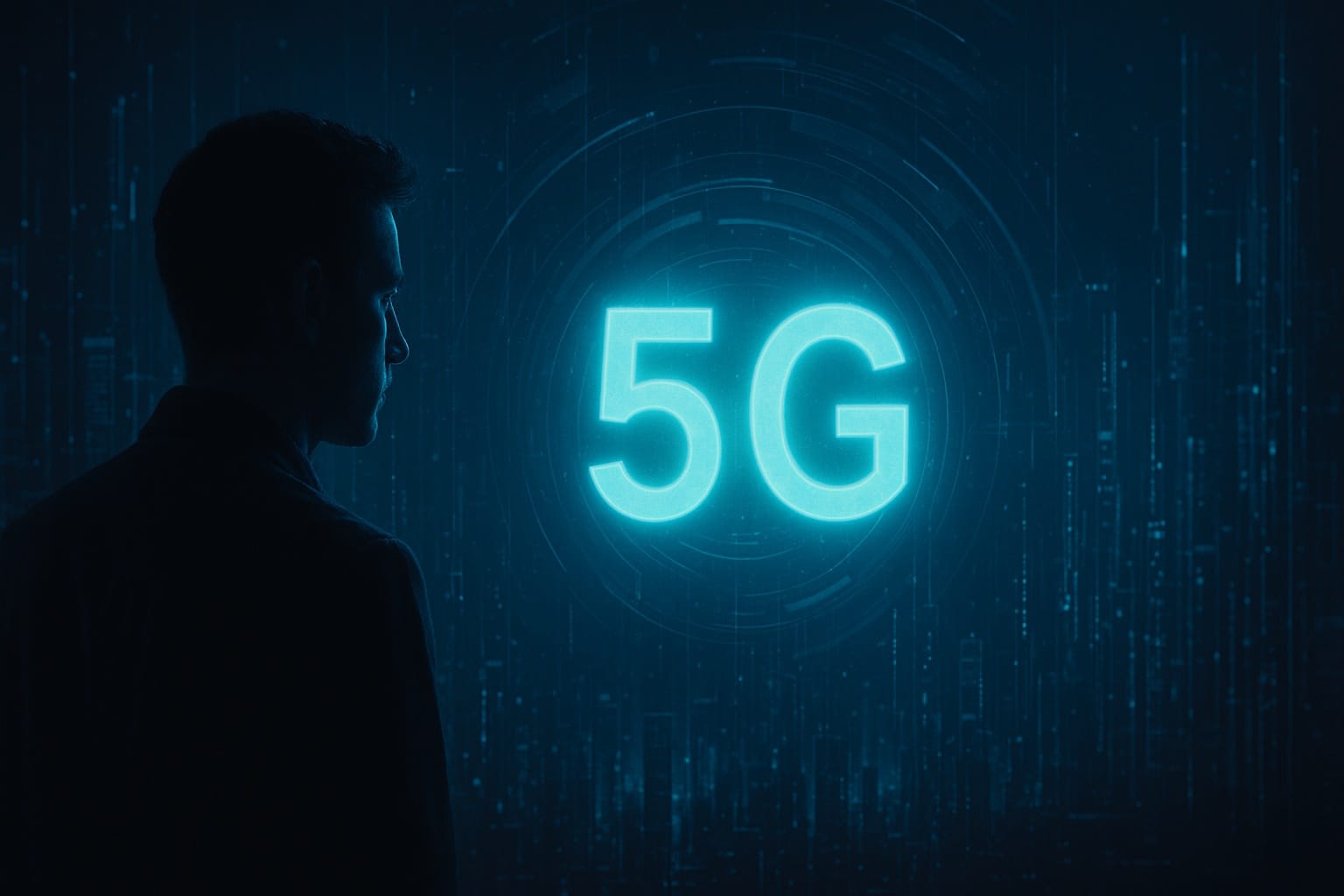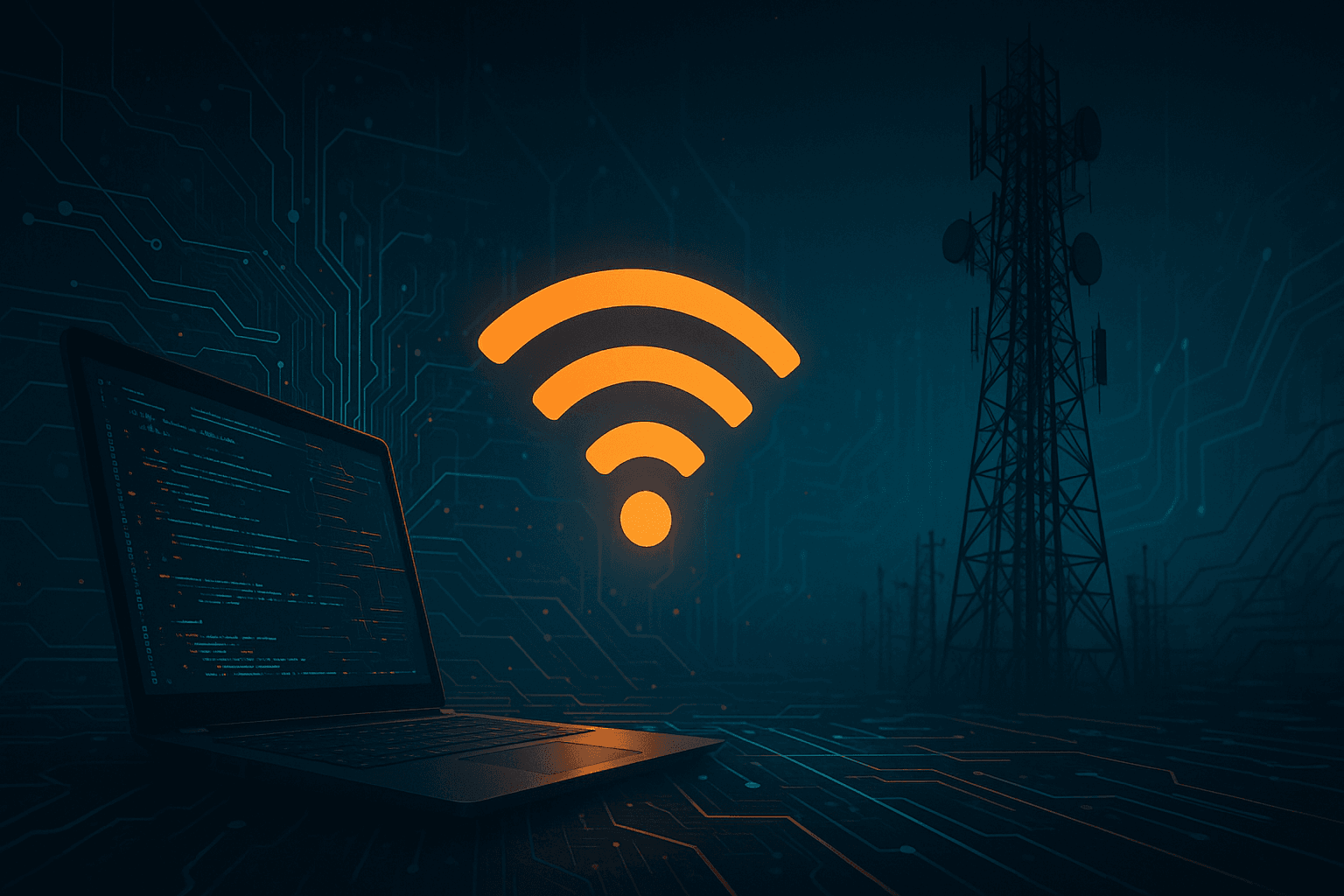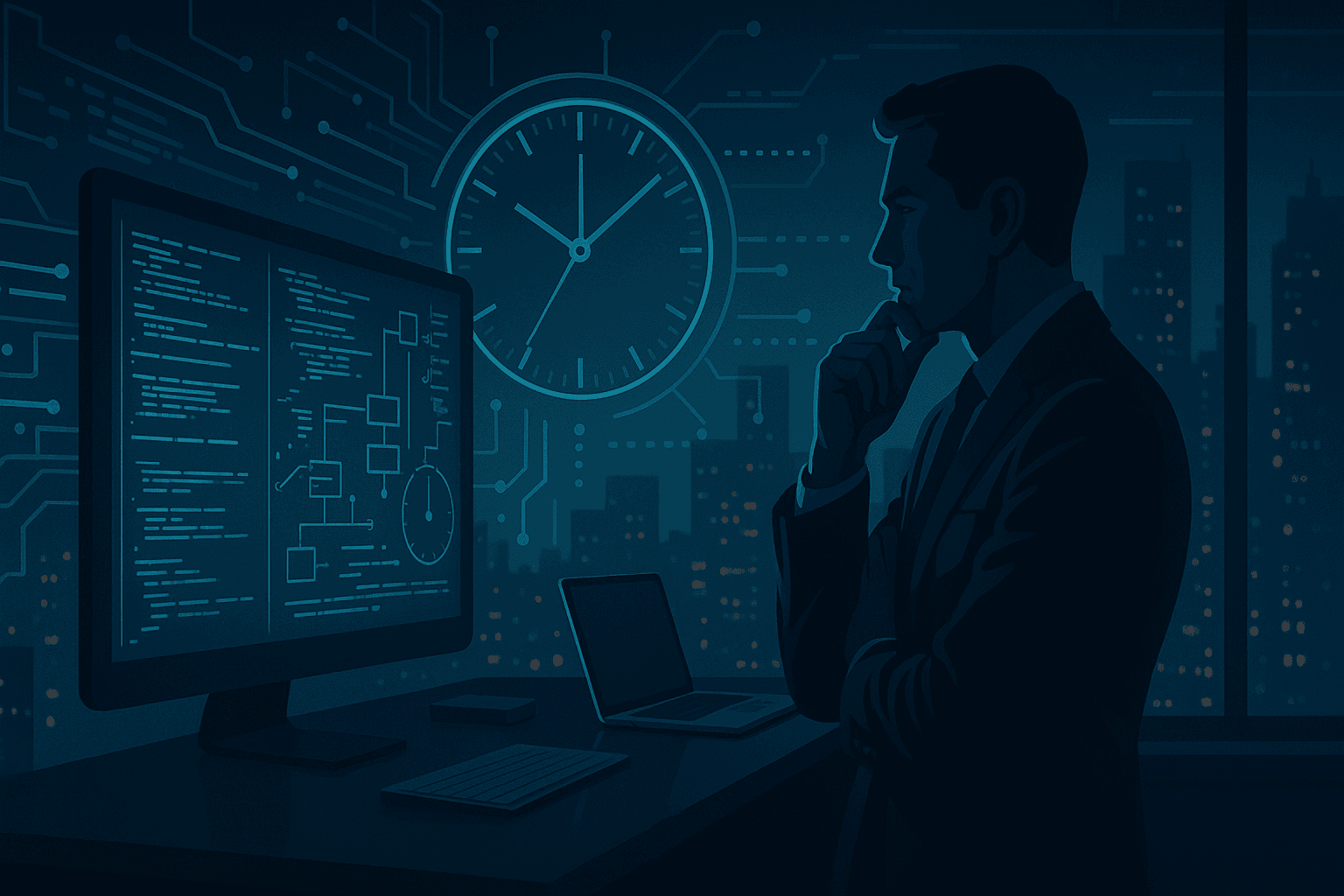Understanding 5G Technology and Its Implications for IP Litigation

The telecommunications industry has undergone significant advancements with each decade, and the introduction of 5G technology marks a pivotal breakthrough, with the evolution of 5G in 2022 bringing new technical foundations relevant to IP litigation. First launched in 2018, 5G builds upon the foundation of 4G LTE, which doubled the data speeds of 3G. This fifth-generation network offers enhanced capabilities, particularly for the expanding Internet of Things (IoT) ecosystem, making it a critical area for IP litigation attorneys to understand. Disputes over patents related to 5G technology are increasing, and a software expert witness can provide essential technical insights in such cases.
5G Network Coverage and Infrastructure
5G operates on higher, less-congested radio frequencies to deliver greater bandwidth and lower latency compared to 4G. While 5G is still in its buildout phase and its coverage does not yet surpass advanced 4G networks, industry projections indicate significant expansion in the coming years, including in rural areas of the United States and Europe, according to Ericsson’s Mobility Report. Physical obstructions such as trees, buildings, and mountains pose challenges to wireless signals, particularly in rural regions. To address this, 5G employs multiple-input and multiple-output (MIMO) antennas and small-cell transmitters placed on structures like lamp posts and buildings, as detailed by Qualcomm. These innovations enhance signal reliability, a key factor in patent disputes where a software expert witness may analyze the technical specifics of network infrastructure. A telecommunications expert witness can provide comprehensive analysis of both the wireless protocols and infrastructure components involved in 5G deployments.
Network Slicing and Its Legal Implications
A defining feature of 5G is network slicing, which partitions a physical network into multiple virtual networks tailored to specific applications. For instance, one slice might support video streaming, while another handles autonomous vehicles, as explained by GSMA. This capability allows operators to manage simple devices separately from complex applications, increasing network efficiency. Network slicing relies on shorter wavelengths and supports up to 1,000 more devices per meter than 4G, a feature that often sparks patent disputes over proprietary slicing technologies. In such cases, a software expert witness can clarify the technical distinctions between competing implementations, aiding attorneys in IP litigation.
Speed and Performance Advantages
5G networks offer theoretical speeds 10 to 100 times faster than 4G, with real-world performance ranging from 50 Mbps to 3 Gbps and peak speeds reaching 20 Gbps, as noted by Verizon. These speeds stem from the use of shorter frequencies, which enable faster data transmission but vary by region. For IP litigation, patents covering speed-enhancing technologies, such as advanced modulation techniques, are often contested. A software expert witness can dissect these technologies, providing clarity on their novelty and infringement potential, which is critical for attorneys navigating complex patent claims.
Low Latency and Emerging Applications
Latency, the time it takes for data to travel across a network, is dramatically reduced in 5G to approximately 1 millisecond, compared to 4G’s 200 milliseconds. This low latency is vital for applications like autonomous vehicles, virtual reality, telesurgery, and real-time translation, as highlighted by IEEE. These advancements open new avenues for IoT applications, but they also increase the complexity of patent portfolios. In IP litigation, disputes often arise over low-latency technologies, where a software expert witness can analyze the underlying algorithms and protocols to support legal arguments.
The Global 5G Rollout
Industry projections estimate 551 million 5G subscriptions by the end of 2021, growing to 1.8 billion by 2025, driven significantly by IoT applications like self-driving cars. This rapid adoption fuels patent disputes as companies vie for control over 5G technologies. Attorneys specializing in IP litigation must stay informed about these developments, as the technical complexity of 5G networks often requires expert testimony. Engaging a software expert witness can provide the technical clarity needed to resolve disputes over patent validity or infringement.
Preparing for 5G-Related IP Disputes
As 5G continues its global rollout, telecommunications companies are upgrading existing applications and developing new IoT solutions to leverage 5G’s capabilities. This surge in innovation has led to increased patent activity, making the role of a software expert witness indispensable in IP litigation. Sidespin Group offers specialized expertise in telecommunications, assisting companies with patent litigation and technology strategy. For more information on navigating 5G-related IP challenges, visit Sidespin Group.
Written by
Related Insights
Discuss your Case
- info@sidespingroup.com
- (800) 510-6844
- Monday – Friday
- 8am – 6pm PT
- 11am – 9pm ET


